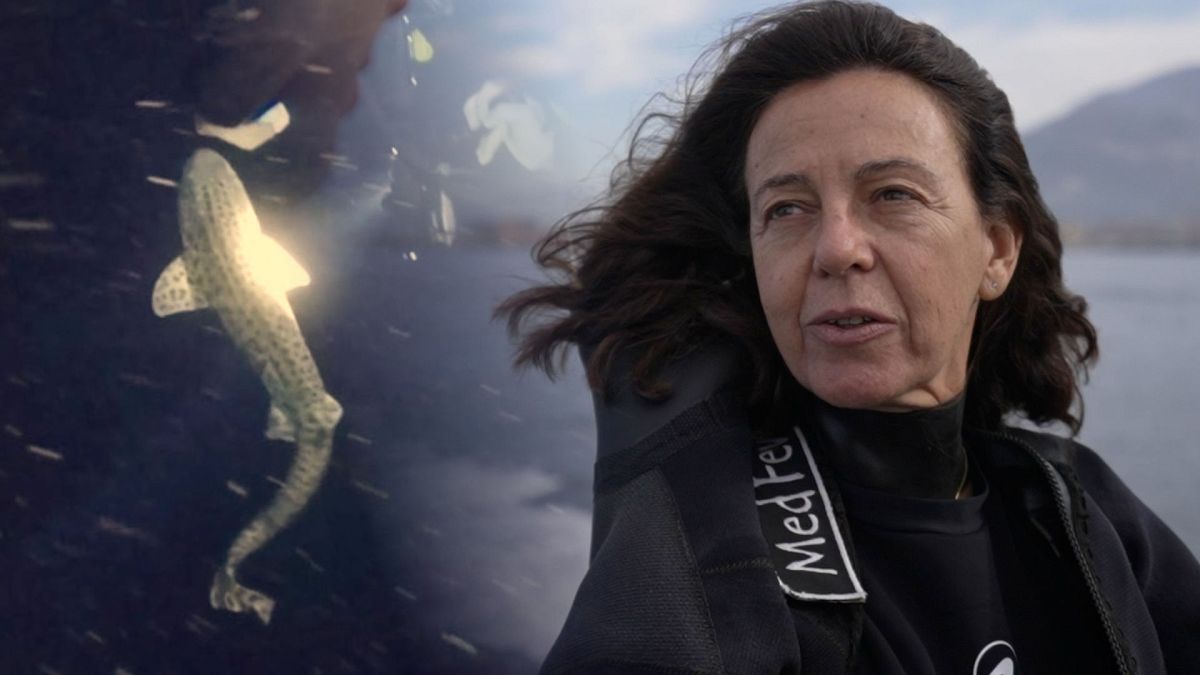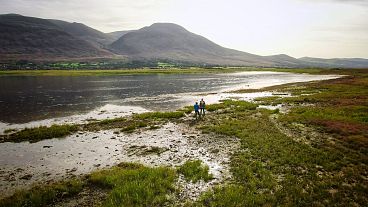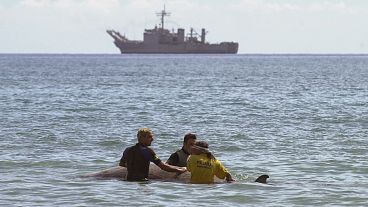Ocean speaks to renowned marine journalist and author, Eleonora de Sabata, about how the LIFE European Sharks project is trying to conserve Europe's endangered sharks.
Shark and ray populations worldwide have dropped dramatically, by over 70%, in the last 50 years. A recent study in the journal Nature shows that fishing has doubled during this time, and shark catches have tripled. Despite international efforts, these vital species continue to decline, threatening ocean balance and food sources for some of the poorest global communities.
To address this, the new LIFE European Sharks project brings together fishers, fisheries officers, SCUBA divers, aquariums, and restaurant chefs to protect these species. Ocean spoke with Eleonora de Sabata, a well-known marine journalist and author leading the project, about their efforts to conserve these endangered creatures.
"I have been studying sharks for many, many, many years — for the past 35 years. I've been writing about the sea. And now I am working on a project called European Sharks, which is an international effort to safeguard Mediterranean sharks and rays.
"We will start a movement of people that do something concretely about sharks and rays. For instance, we will ask professional fishermen to release the baby shark of commercial species so they can grow and reproduce. We will ask recreational fishers to release all sharks and rays — with good handling practices so that when they are released, they can actually survive.
"Divers will be involved, to tell us where they see sharks and rays so that we can identify these areas and protect them. Cooks, for instance — we will ask them in places where it is traditional to have, for example, soups that have sharks — we will ask them to update their recipes and tell all the customers about them. In general, we will try to make people understand that sharks are in danger and not dangerous. And the most important action will also be to try to increase the enforcement of laws that we have to protect some species.
"Hopefully, maybe in ten years time, or fifteen years time, if we act now, we can start building the population back. It takes a while, though!"



